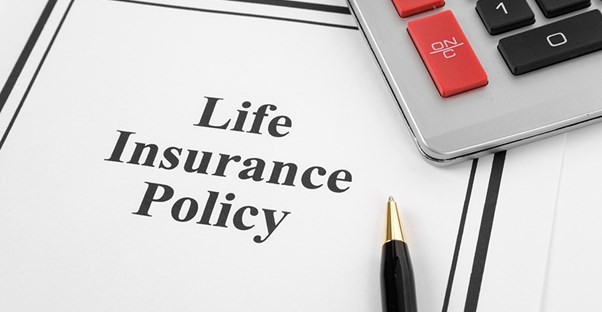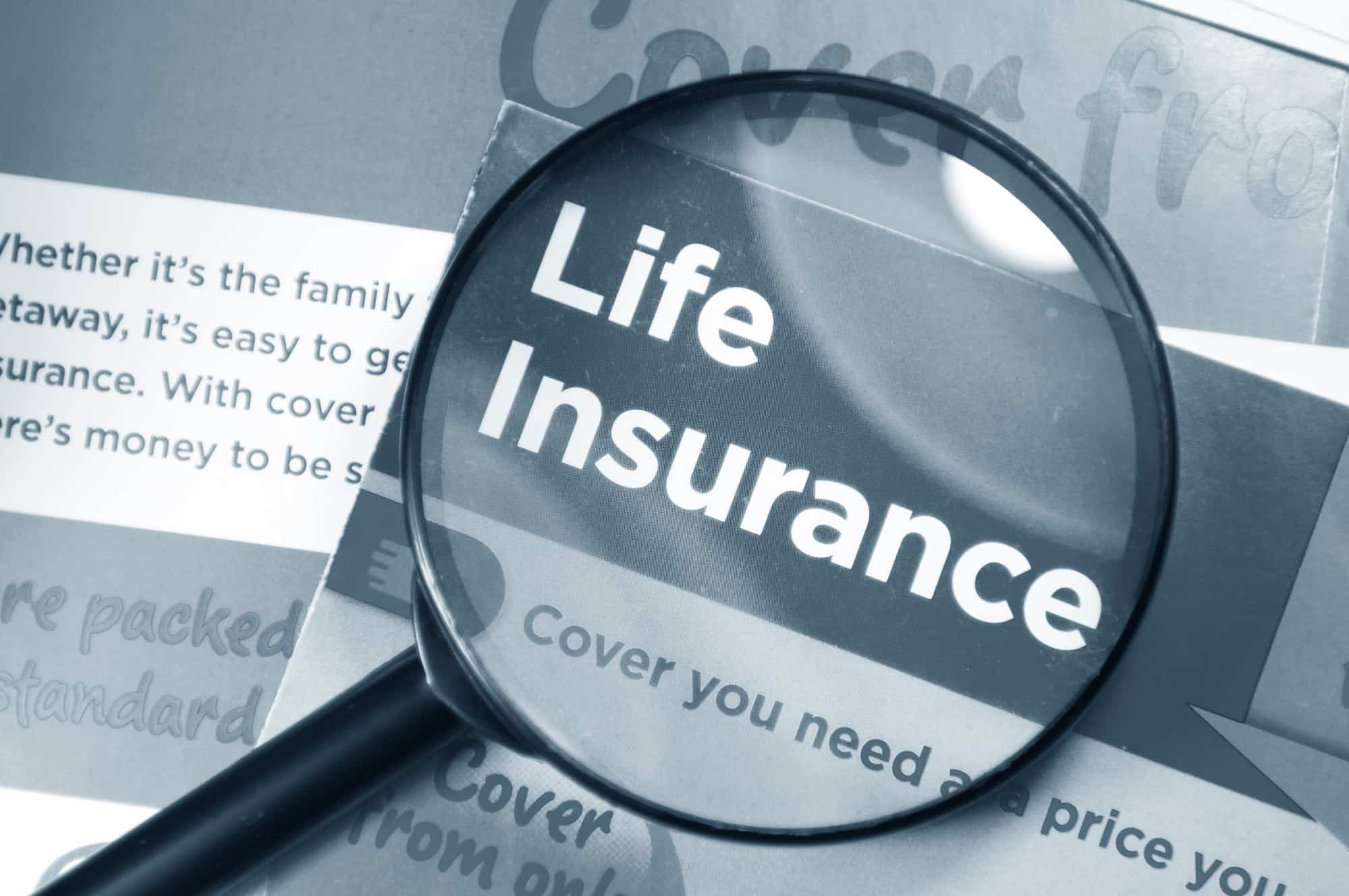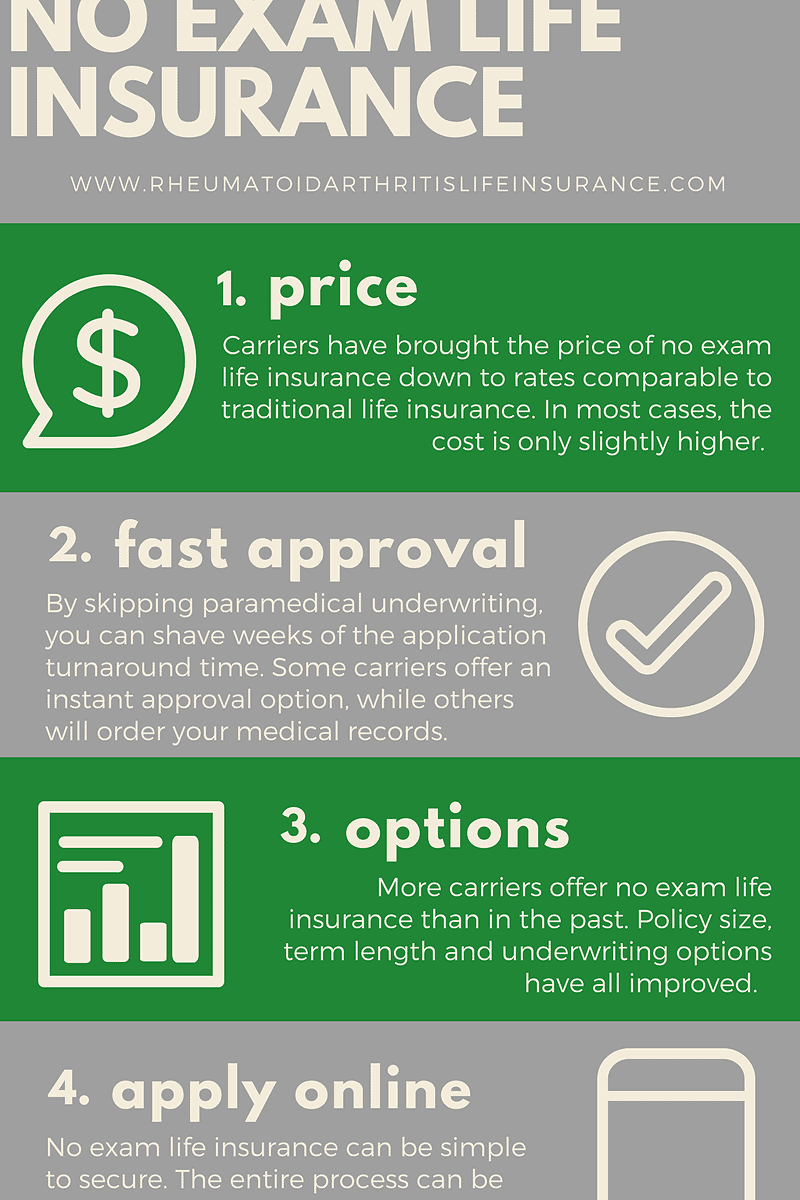Therapy for Car Accidents: A Guide to Healing and Recovery
If you’ve been in a car accident, you know that the physical and emotional toll can be overwhelming. Whether you were the driver, a passenger, or a pedestrian, even a minor fender-bender can leave you shaken and unsure of what to do next. That’s where therapy comes in. Therapy for car accidents can help you process the trauma, manage your emotions, and get back on the road to recovery.
Therapy for Physical Injuries
After a car accident, it’s important to seek medical attention for any physical injuries. Even if you don’t feel any pain right away, you may have hidden injuries that could show up later. A doctor can assess your injuries and recommend the appropriate treatment, which may include physical therapy, chiropractic care, or surgery. In addition to treating your physical injuries, therapy can also help you manage the pain and discomfort that often accompanies car accidents. Through techniques like massage therapy, acupuncture, and biofeedback, therapy can help reduce pain, improve range of motion, and promote healing.
Therapy for Emotional Trauma
In addition to physical injuries, car accidents can also cause significant emotional trauma. You may experience feelings of shock, anger, guilt, or fear. You may also have difficulty sleeping, concentrating, or making decisions. These are all normal reactions to a traumatic event. However, if these feelings persist or interfere with your daily life, therapy can help. A therapist can provide a safe and supportive environment where you can talk about your experiences and process your emotions. Therapy can also help you develop coping mechanisms for dealing with stress, anxiety, and depression.
Therapy for Getting Back on the Road
If you were the driver in a car accident, you may be hesitant to get back behind the wheel. This is understandable, but it’s important to remember that driving is a skill that can be regained with practice. A therapist can help you gradually re-introduce driving into your life. They can provide support and guidance as you work through your fears and build your confidence. With time and effort, you can get back on the road and reclaim your independence.
Finding a Therapist
If you’re interested in finding a therapist for car accidents, there are a few things you can do. You can ask your doctor for a referral, search online, or contact your insurance company. Once you’ve found a few therapists, interview them to find the one who is the best fit for you. Be sure to ask about their experience treating car accident victims and their approach to therapy. You should also feel comfortable with the therapist and confident that they can help you reach your goals.
Introduction
Car accidents are a leading cause of injuries and death in the United States. In 2020, there were over 42,000 traffic fatalities. Those who survive a car accident may face a long and difficult road to recovery, both physically and mentally. Therapy can play an important role in this process, providing support, guidance, and tools for coping with the aftermath of a traumatic event. Here’s more on how therapy can help following a car accident.
Physical Recovery
Car accidents can cause a wide range of physical injuries, from minor cuts and bruises to severe head and spinal cord trauma. Therapy can help individuals recover from these injuries by providing pain management, rehabilitation exercises, and support for mobility issues. Physical therapy can also help prevent long-term complications, such as chronic pain and disability.
Emotional Recovery
Car accidents can also have a profound impact on mental health. Victims may experience anxiety, depression, post-traumatic stress disorder (PTSD), and other emotional difficulties. Therapy can provide a safe and supportive environment for individuals to process their emotions, develop coping mechanisms, and work through the trauma they have experienced. Cognitive behavioral therapy (CBT), Eye Movement Desensitization and Reprocessing (EMDR), and exposure therapy are common approaches used to treat emotional trauma.
Cognitive Recovery
Car accidents can also lead to cognitive problems, such as memory loss, difficulty concentrating, and impaired decision-making. Therapy can help individuals improve their cognitive functioning through exercises that enhance memory, attention, and problem-solving skills. These interventions can help individuals regain their independence and improve their overall quality of life.
Practical Support
In addition to providing emotional and psychological support, therapy can also assist individuals with practical matters related to their car accident. This may include helping them navigate the insurance process, find legal representation, and access financial assistance. Therapists can also provide support for family members and friends who are affected by the accident.
Conclusion
Car accidents can have a devastating impact on physical, mental, and emotional health. Therapy can play a vital role in the recovery process, providing support, guidance, and tools for coping with the aftermath of a traumatic event. If you have been involved in a car accident, don’t hesitate to seek professional help. Therapy can help you heal from the physical and emotional trauma of a car accident and get your life back on track.
Therapy for Car Accidents
If you’ve been in a car accident, you know that the physical and emotional toll can be significant. You may be struggling with pain, headaches, or other physical symptoms. You may also be dealing with anxiety, depression, or post-traumatic stress disorder (PTSD).
Therapy can be an effective way to address the challenges you’re facing after a car accident. A therapist can help you process your emotions, manage your stress, and improve your overall well-being.
Benefits of Therapy
Therapy can help you process the emotions you’re experiencing after a car accident. This may include feelings of anger, sadness, fear, or guilt. A therapist can help you understand your emotions and develop healthy coping mechanisms.
Therapy can also help you manage your stress. After a car accident, you may be feeling overwhelmed and stressed. A therapist can help you develop relaxation techniques and other coping mechanisms to manage stress.
In addition, therapy can help you reduce symptoms of PTSD. PTSD is a common reaction to a traumatic event, such as a car accident. Symptoms of PTSD may include nightmares, flashbacks, avoidance of reminders of the accident, and difficulty sleeping. Therapy can help you manage these symptoms and improve your quality of life.
Finally, therapy can help you improve your overall well-being. After a car accident, you may be feeling isolated and alone. A therapist can provide you with support and help you connect with others who have been through similar experiences.
How to Find a Therapist
If you’re interested in finding a therapist, there are a few things you can do:
- Talk to your doctor. Your doctor may be able to refer you to a therapist who specializes in treating car accident victims.
- Contact your insurance company. Your insurance company may offer a list of therapists who are covered by your policy.
- Search online. There are a number of online directories that can help you find a therapist in your area.
Once you’ve found a few potential therapists, it’s important to interview them to find the best fit for you. Ask them about their experience, their approach to therapy, and their fees.
Conclusion
If you’ve been in a car accident, therapy can be a valuable resource to help you cope with the physical and emotional challenges you’re facing. A therapist can help you process your emotions, manage your stress, reduce symptoms of PTSD, and improve your overall well-being.
Therapy for Car Accidents: Healing the Physical and Emotional Trauma
Experiencing a car accident can be a life-altering event, leaving lasting physical and emotional scars. Beyond the immediate medical attention, your recovery journey may include therapeutic support to address the psychological impact. Various therapies are available, tailored to individual needs. Let’s delve into the different types of therapy that can help you cope with the aftermath of a car accident.
Understanding Trauma’s Impact on the Body and Mind
Trauma, like that caused by a car accident, can manifest in various ways, both physically and emotionally. The physical effects can range from chronic pain to headaches and fatigue. Emotionally, you may grapple with anxiety, nightmares, anger, or difficulty concentrating. If not addressed, these symptoms can interfere with your daily life, relationships, and overall well-being.
Types of Therapy for Car Accident Survivors
Various therapies are available to help you process and heal from the trauma of a car accident. These include:
Cognitive Behavioral Therapy (CBT)
CBT focuses on identifying and challenging negative thoughts and behaviors that contribute to your emotional distress. It helps you develop coping mechanisms and more positive thought patterns to manage anxiety, depression, and other mental health concerns related to the accident.
Trauma-Focused Therapy
Trauma-focused therapy aims to help you process and resolve the traumatic memories associated with the accident. Through techniques like exposure therapy, you can gradually confront your fears in a safe and controlled environment, gaining mastery over them.
Mindfulness-Based Therapies
Mindfulness-based therapies, such as mindfulness-based stress reduction (MBSR) and acceptance and commitment therapy (ACT), teach you to cultivate present-moment awareness and acceptance. By training your attention and learning to regulate your emotions, you can reduce stress, improve sleep, and increase your overall sense of well-being.
Other Supportive Therapies
In addition to these evidence-based therapies, other forms of support may be beneficial, such as:
Massage Therapy
Massage therapy can help alleviate muscle tension, reduce pain, and promote relaxation, which can be especially beneficial for those experiencing physical discomfort after a car accident.
Yoga and Meditation
Yoga and meditation practices can reduce stress, improve sleep quality, and increase feelings of calm and inner peace.
Support Groups
Joining a support group can connect you with others who have gone through similar experiences. Sharing your story and listening to others can provide a sense of community and reduce isolation.
When to Seek Therapy after a Car Accident
It’s crucial to not ignore the emotional impact of a car accident. If you’re struggling with anxiety, nightmares, difficulty sleeping, or other emotional challenges, don’t hesitate to seek professional help. Therapy can provide a safe and supportive space to process your experiences and develop healthy coping mechanisms. Remember, you don’t have to go through this alone.
Car Accident Trauma: Healing the Physical and Emotional Scars
The aftermath of a car accident can be a harrowing experience, leaving you with both physical and emotional wounds. While the physical injuries may heal over time, the psychological trauma can linger, affecting your well-being and daily life. Therapy can serve as a beacon of hope, offering a safe and supportive space to navigate the challenges of car accident trauma.
Finding a Therapist
Seeking professional help is paramount in addressing the psychological impact of a car accident. Finding the right therapist is crucial to your recovery journey. Consider therapists who specialize in treating car accident survivors. Recommendations from your doctor, online directories, or insurance providers can guide your search. Ensure the therapist is licensed, experienced, and has a deep understanding of the unique needs of car accident survivors.
Understanding the Impact
Car accidents can trigger a range of emotions. From fear and anxiety to depression and guilt, the emotional toll can be overwhelming. Therapy provides an outlet to express these emotions, process the trauma, and develop coping mechanisms. Therapists can also educate you about the psychological effects of accidents, helping you understand the challenges you’re facing.
The Healing Process
Therapy is not a one-size-fits-all approach. Each survivor’s healing journey is unique, and the therapist will tailor the sessions accordingly. Cognitive-behavioral therapy (CBT), eye movement desensitization and reprocessing (EMDR), and mindfulness-based techniques are common approaches used to address car accident trauma. These therapies aim to change negative thought patterns, reduce anxiety, and promote emotional regulation.
Support Systems
In addition to therapy, support systems play a vital role in your recovery. Lean on family, friends, or support groups for emotional comfort and encouragement. Connecting with others who have experienced similar trauma can provide a sense of validation and belonging. Support groups can also offer practical advice and coping strategies.
Moving Forward
Therapy provides the tools and support you need to gradually reclaim your life after a car accident. It empowers you to manage your emotions, overcome challenges, and rebuild your sense of well-being. Remember, healing takes time, effort, and patience. With the right therapist and support system, you can emerge from this trauma with resilience and hope.
Therapy for Car Accidents: Healing Emotional Scars and Regaining Well-being
Car accidents can leave more than just physical injuries. The emotional toll can be just as devastating, leading to anxiety, depression, and post-traumatic stress disorder (PTSD). Therapy offers a lifeline for those struggling with these invisible wounds, providing a safe and supportive space to process and heal.
What to Expect in Therapy
Therapy sessions typically involve talking about the accident, exploring thoughts and feelings, developing coping mechanisms, and practicing relaxation techniques. The therapist will work with you to tailor a treatment plan that meets your individual needs and goals.
Reliving the Accident: A Path to Healing
Talking about the accident can be a daunting task, but it’s essential for healing. Through guided conversations, the therapist will help you recall the events, process your emotions, and gain a deeper understanding of the impact it has had on your life.
Exploring Emotions: Navigating the Roller Coaster
After a car accident, it’s common to experience a wide range of emotions, from anger and guilt to sadness and fear. Therapy provides a safe space to explore these emotions without judgment. The therapist will help you identify and understand your feelings, teaching you how to manage and cope with them in healthy ways.
Developing Coping Mechanisms: Building Resilience
Coping mechanisms are essential for managing the challenges that come with trauma. The therapist will work with you to develop strategies such as deep breathing exercises, mindfulness techniques, and thought-challenging exercises. By practicing these techniques, you can learn to regulate your emotions and build resilience.
Relaxation Techniques: Calming the Mind and Body
The physical and emotional stress of a car accident can wreak havoc on your mind and body. Therapy can introduce relaxation techniques such as guided meditation, yoga, or massage to help you soothe your nervous system, reduce anxiety, improve sleep, and promote overall well-being.
Healing the Invisible Wounds: A Journey to Recovery
Therapy for car accidents is not a quick fix. It requires time, effort, and commitment. But with the guidance of a skilled therapist, you can embark on a journey of healing that empowers you to process your trauma, manage your emotions, and reclaim your well-being.
Therapy for Car Accidents
If you’ve been in a car accident, you may be struggling with physical, emotional, and psychological challenges. Seeking therapy can provide much-needed support as you navigate life post-accident. Therapy offers a safe and non-judgmental space to process the trauma, develop coping mechanisms, and work towards recovery.
Duration and Cost
The duration and cost of therapy vary based on factors such as the severity of the accident, individual needs, and insurance coverage. Typically, therapy involves weekly or bi-weekly sessions, and the length of treatment depends on the individual’s progress. The cost of therapy can range from $100 to $200 per session, with some therapists offering sliding scales based on income. It’s essential to check with your health insurance provider to determine if therapy is covered.
Types of Therapy
There are various types of therapy that may be beneficial after a car accident, including:
- Cognitive-behavioral therapy (CBT): Helps identify and change negative thought patterns and behaviors.
- Eye movement desensitization and reprocessing (EMDR): Reduces the vividness and distress associated with traumatic memories.
- Trauma-focused therapy: Addresses the specific psychological effects of traumatic events.
- Mindfulness-based stress reduction (MBSR): Teaches techniques for reducing stress and promoting relaxation.
- Group therapy: Provides a supportive environment to connect with others who have experienced similar challenges.
Benefits of Therapy
Therapy can provide numerous benefits for individuals recovering from a car accident, such as:
- Improved mental health and well-being
- Reduced anxiety, depression, and post-traumatic stress
- Enhanced coping mechanisms
- Increased self-awareness and confidence
- Improved relationships with family and friends
Finding a Therapist
Seeking a therapist is a personal journey, and finding the right one for your needs is crucial. Consider recommendations from friends or family, check online directories, and don’t hesitate to contact multiple therapists to find the best fit. It’s important to feel comfortable and connected with your therapist to facilitate a productive therapeutic experience.
Therapy for Car Accidents: Healing the Physical and Emotional Trauma
Car accidents are traumatic experiences that can leave lasting physical and emotional scars. If you’ve been involved in a car accident, don’t underestimate the power of therapy to help you heal. A therapist can provide support, tools, and a safe space to process the trauma and regain your well-being.
Emotional Impact of Car Accidents
Car accidents can trigger a wide range of emotions, from shock and fear to anger and guilt. You may experience flashbacks, nightmares, or difficulty concentrating. Therapy can help you understand and cope with these emotions in a healthy way.
Physical Recovery from Car Accidents
In addition to emotional trauma, car accidents can also cause physical injuries. Therapy can help you recover from these injuries by promoting healing, reducing pain, and improving mobility. A therapist can also provide guidance on how to manage chronic pain or disability.
Types of Therapy for Car Accidents
There are many different types of therapy that can be helpful for car accident victims. Some common options include:
- Cognitive Behavioral Therapy (CBT)
- Eye Movement Desensitization and Reprocessing (EMDR)
- Trauma-Focused Therapy (TFT)
- Mindfulness-Based Stress Reduction (MBSR)
Benefits of Therapy for Car Accidents
Therapy can provide numerous benefits for car accident victims, including:
- Reduced emotional distress
- Improved coping skills
- Increased self-esteem
- Better sleep
- Reduced pain
How to Find a Therapist for Car Accidents
If you’re interested in finding a therapist to help you recover from a car accident, there are a few things you can do:
- Ask your doctor or primary care physician for a referral.
- Search online for therapists in your area who specialize in treating car accident victims.
- Contact your local mental health center or hospital.
Conclusion
Therapy is a valuable resource for healing and recovery after a car accident; it provides support, tools, and a safe space to process trauma and regain well-being. If you’ve been involved in a car accident, don’t hesitate to seek professional help. A therapist can help you get your life back on track.




Leave a Reply